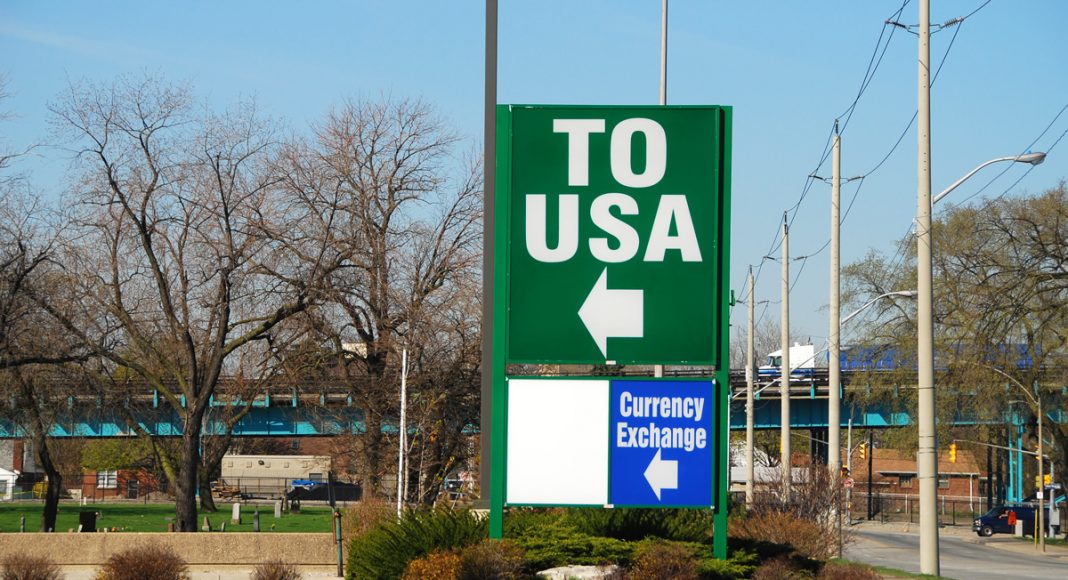In a statement put out by Customs and Border Protection (CBP), the agency stated, “U.S. Customs and Border Protection enforces the laws of the United States and U.S. laws will not change following Canada’s legalization of marijuana.” Not two weeks earlier, there had been a contradictory statement by CBP that Canadians in cannabis would no longer be able to travel to the U.S..
The new statement is encouraging, but If you read down a little further, it reads, “A Canadian citizen working in or facilitating the proliferation of the legal marijuana industry in Canada, coming to the U.S. for reasons unrelated to the marijuana industry will generally be admissible to the U.S. however, if a traveler is found to be coming to the U.S. for reason related to the marijuana industry, they may be deemed inadmissible.”
It’s too bad, too. There are international cannabis business conferences across the U.S. every year and not having the voices of the country that legalized the latest takes away from the discussion and certainly limits the amount of voices, opinions and ideas that Canadian pot professionals have to offer.
Another thing to note is that due to federal U.S. laws surrounding the plant, there is no reciprocity. For example, you can’t drive buds from B.C. into Washington state just because it’s legal in both places. Trying to travel across the U.S. border with cannabis will not only keep you from getting in, it could land you with fines or even detainment.
All in all, it is good news that our neighbors to the north who work in the industry will most likely be able to come in at the Ports of Entries. With less than a week to go before Canada legalizes cannabis for all adult citizens, the U.S. is finally coming around with sensible policies.
With a stipulation, however, “Generally, any arriving alien who is determined to be a drug abuser or addict, or who is convicted of, admits having committed, or admits committing, acts which constitute the essential elements of a violation of (or an attempt or conspiracy to violate) any law or regulation of a State, the United States, or a foreign country relating to a controlled substance, is inadmissible to the United States.”


